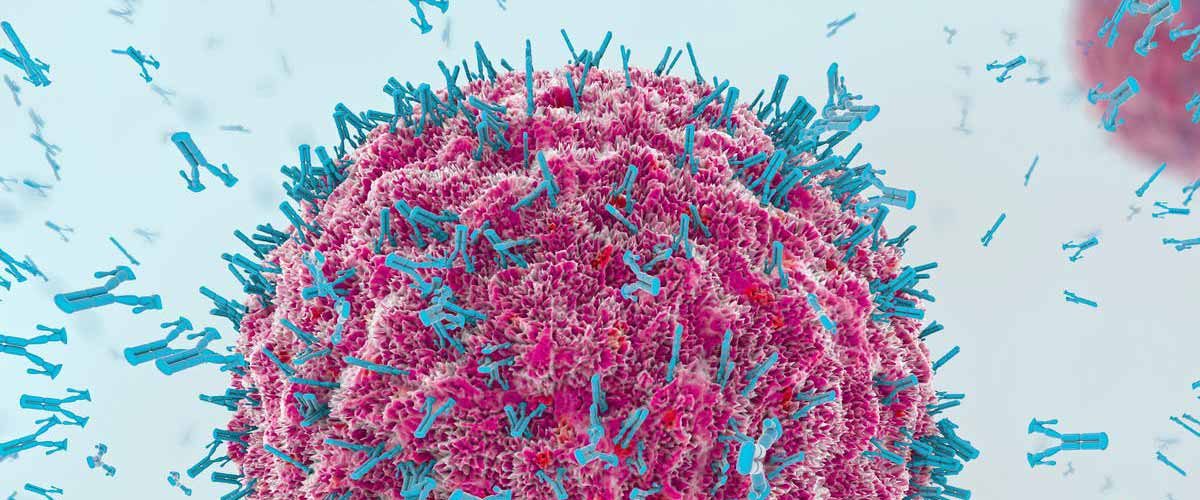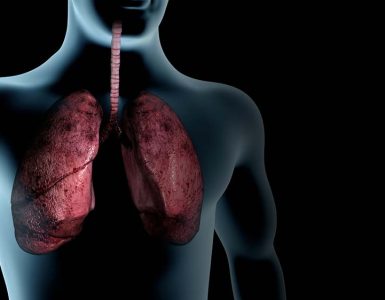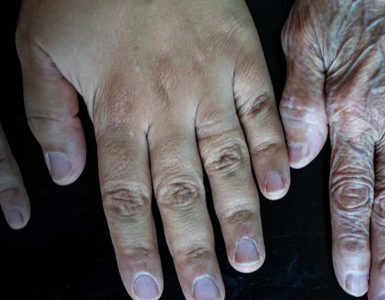“To discover a promising therapy for COVID-19 treatment, it is essential to identify in detail how our immune system responds and, in certain cases, possibly contribute in worsening the condition,” says Johan Sandberg, professor at the Department of Medicine, Huddinge, at Karolinska Institutet and the study’s corresponding author.
Being an essential part of the immune system, T cells form white blood cells and are highly specialized to recognize infected cells. In the blood of healthy people, up to five percent of these T cells consist of so-called MAIT cells (mucosa-associated invariant T cells), which are principally significant for controlling bacterial infections but can also be recruited by the immune system to fight against some viral diseases.
The present study aimed to find out which role MAIT cells play in COVID-19 disease pathogenesis. Researchers examined the existence and nature of MAIT cells in blood samples from 24 infected individuals admitted to Karolinska University Hospital with average to extreme COVID-19 infectivity. Then they compared the infected samples with blood samples from 14 healthy people and 45 individuals who had recovered from COVID-19. At the same time, four of the patients died in the hospital.
The results confirm a sharp decline in the number of MAIT cells in the blood of patients with normal or severe COVID-19 symptoms. The remaining cells in circulation are extremely activated, suggesting that they are associated with the immune response against SARS-CoV-2. This pattern of shortened number and activation in the blood is stronger for MAIT cells than other T cells. The researchers also noticed that pro-inflammatory MAIT cells gathered in an infected patient’s airways to a great extent than in healthy individuals.
“Conclusively, results of these analyses indicate that the decreased number of MAIT cells in the blood of COVID-19 patients is partially due to increased accumulation in the airways,” Johan Sandberg says.
As stated by the researchers, in recovering patients, the number of MAIT cells in the blood improved after weeks, which can be significant for controlling bacteria in persons who have had COVID-19. In the patients who died of COVID-19, the researchers noticed that the MAIT cells tended to be exceptionally activated with a worse expression of the receptor CXCR3 than in those who survived.
“The findings of the study recommend that the MAIT cells are much engaged in the immunological response against COVID-19,” Johan Sandberg says. “A liable understanding is that the uniqueness of MAIT cells makes them presented early on in both the systemic immune response and in the local immune response in the airways to which they are recruited from the blood by inflammatory signals. There, they are possibly to contribute to the quick, innate immune response against the viral infection. In certain COVID-19 patients, the activation of MAIT cells becomes extreme, leading to severe infection.”
The Swedish Research Council supported this research, the Swedish Cancer Society, the Swedish Heart-Lung Foundation, the Knut and Alice Wallenberg Foundation, Nordstjernan AB, and Karolinska Institutet.
















Add comment